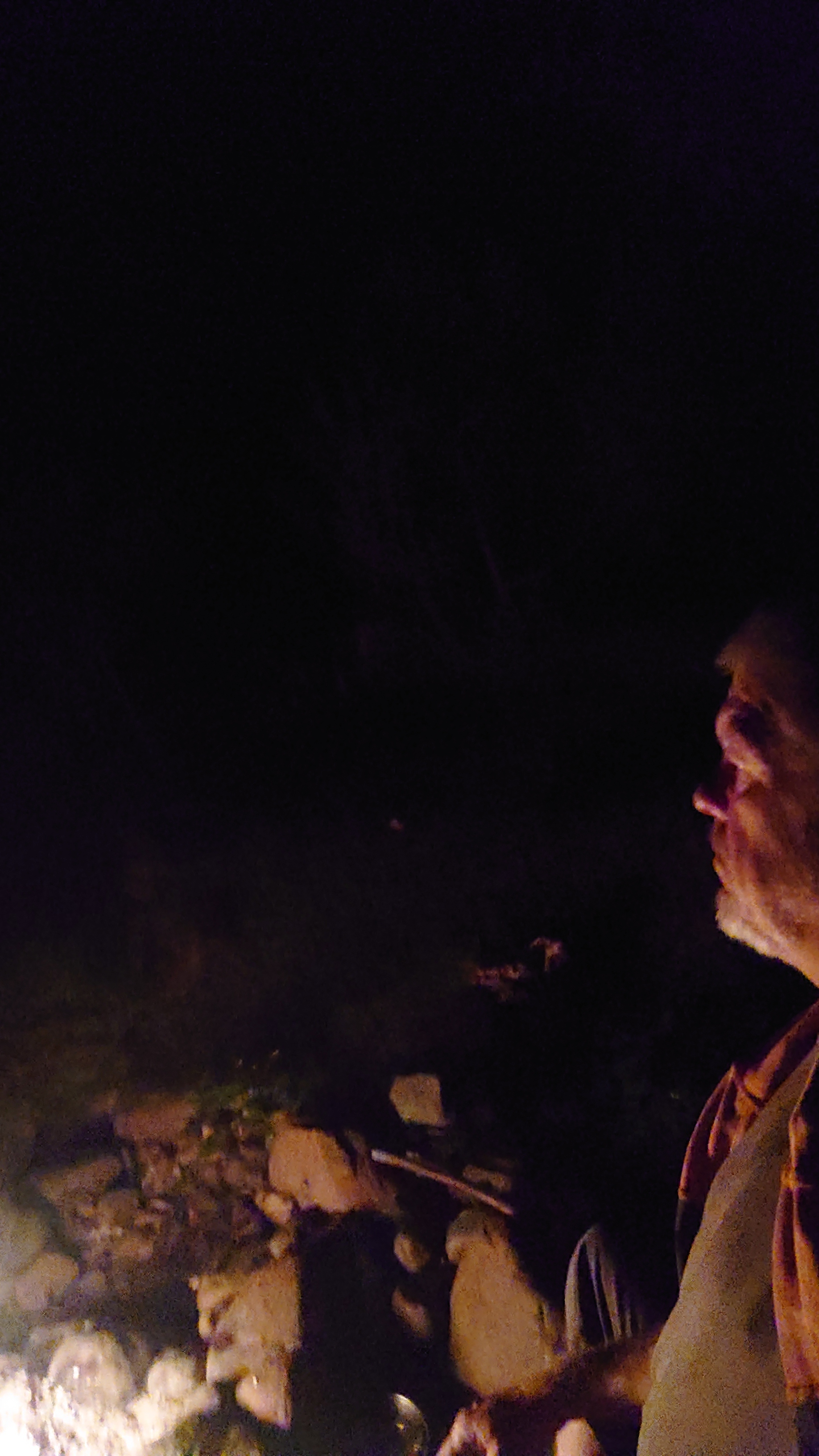If we disregard certain residues of customs surviving from past eras, what we must do or not do is determined today by what we must buy. It is almost impossible to avoid making even a small part of those purchases that are offered and imposed as must-haves, that is, "obligatory purchases". Those who attempt it run the risk of being considered "introverted", of losing their prestige, of jeopardizing their professional prospects, of revealing themselves to be lacking in means; indeed, they run the risk of becoming morally and politically suspect. Because, in truth, not to buy is considered a kind of sabotage of the sale, a threat to the legitimate needs of the goods; therefore, not only is it considered a failure to act, but also a positive transgression, akin to theft. If not even something more scandalous: because, while the thief with his appropriation (certainly of an undesirable kind) nevertheless testifies that he loyally recognizes, like every other customer, the attraction and commandment of the commodity, thus demonstrates that he is conformist, and, if he is caught, can be called to account unambiguously, the one who does not buy dares not to heed the call of the commodity and offends the cosmos of the commodities with his renunciation; and then he even dares hypocritically to invoke the alibi of negativity, that is, of having done nothing at all, and by this he really escapes the arm of justice.
Rather ten thieves than one ascetic (Molussian proverb)
Text: Günther Anders, The Obsolescence of Humankind (1956)
Image: Michael Lavery (1930)
#Anders #philosophy #quotation #buying #thief #book















